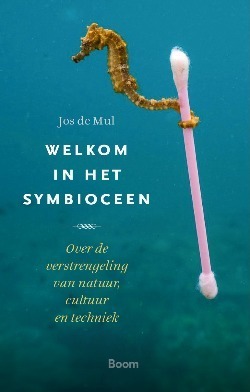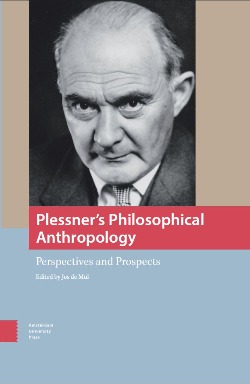Jos de Mul. Games as the true organon of philosophy. On Schelling, Huizinga, and playful ontologies. Keynote at the 10th International Philosophy of Games Conference. Malta, November 2, 2016.
This year’s edition focuses on the theme of Knowledge. Games inspire curiosity – as we explore and experiment with a game, our engagement is to a great degree shaped by epistemic processes of inquiry and discovery. What knowledge is learned through playing a game? What does it mean to know a game? We invite papers tackling questions related to epistemology, knowing how versus knowing that, embodied knowledge, normative knowledge of rules, ecological knowledge and affordances, cybernetics, systems theory and knowledge. For more detailed information, jump to http://pocg2016.institutedigitalgames.com/keynotes/
We look forward in particular to receiving contributions that address the following areas of inquiry, though we are also open to contributions that identify different angles from which to engage with the topic of knowledge of games:
- Inquiry, discovery, exploration and experimentation. Is an attitude of curiosity intrinsic to play? Do epistemic processes of inquiry and discovery shape play? How do exploration and experimentation in games reflect, or depart from, the empirical processes by which we gain experience of the world?
- The epistemology of play. What do we know when we ‘know’ how to play a game? What modes of knowledge pertain to games? What rational concepts shape our experience of a game? Is the unknown, or the unknowable, a factor in games?
- Knowledge through games. Can games and game design grant us extrinsic knowledge, and add to what we know about the world – as simulations, or as ontological, phenomenological or epistemological thought experiments?
- (Philosophical) knowledge of games. As this conference series reaches its milestone tenth edition, it is time to take a self-reflexive look at its motivations and accomplishments. What knowledge do we seek to gain by thinking about (and with) games from a philosophical perspective? What epistemic methodologies can we employ to do so?
In addition to this central theme, the conference also features an open category, for which we invite welcome contributions that do not fit this year’s theme, but that nonetheless offer a valuable contribution to the philosophy of computer games.
Submitted proposals should have a clear focus on philosophy and philosophical issues in relation to computer games. They should also refer to specific games rather than invoke them in more general terms. Submissions should be made in the form of extended abstracts of up to 1000 words (excluding bibliography). Please indicate if you intend your paper to fit in the open category. The extended deadline for submissions is 23:59 GMT, Friday, June the 10th 2016. Please submit your abstract throughreview.gamephilosophy.org. All submitted abstracts will be subject to a double-blind peer review process.
Notification of accepted submissions will be sent out in mid-July 2016. A full paper draft must then be submitted by Monday 17 October 2016 and will be made available on the conference website. Accepted submissions will be also be eligible for consideration for a special issue of the Journal of the Philosophy of Games on the topic of Knowledge and Games.
We also invite proposals for themed panels and workshops that will take place on the 1st November. Please contact the program committee chair if you are interested in organizing one.
In conjunction with the conference, a PhDconsortium is being organized by the Institute of Digital Games at the University of Malta. This will give doctoral students working on research related to the intersection of philosophy and games the opportunity to present their works-in-progress and ongoing research, and obtain feedback from a panel of mentors. If you are a doctoral student interested in participating in the workshop, please contact the organizers of the workshop at
For more information about the conference series, go to gamephilosophy.org
Organizing Committee
Chair: Dr. Stefano Gualeni
University of Malta - Institute of Digital Games
Prof. Ivan Callus
University of Malta - Department of English
Prof. Claude Mangion
University of Malta - Department of Philosophy
Dr. Daniel Vella
University of Malta - Institute of Digital Games
Dr. Krista Bonello Rutter Giappone
University of Kent / University of Malta
Francesca Borg Taylor-East
University of Malta - Institute of Digital Games
Johnathan Harrington
University of Malta
Geraldine Sammut
University of Malta
David Chircop
University of Malta
Marcello A. Gómez Maureira
University of Malta
Program Committee
Chair: Dr. Daniel Vella
University of Malta - Institute of Digital Games
John Richard Sageng
University of Oslo
Dr. Sebastian Möring
University of Potsdam
Dr. Stefano Gualeni
University of Malta - Institute of Digital Games
Dr. Olli Tapio Leino
City University of Hong Kong
Dr. Alison Gazzard
University College London
Dr. Christopher Thi Nguyen
Utah Valley University
Prof. Anita Leirfall
University of Bergen










